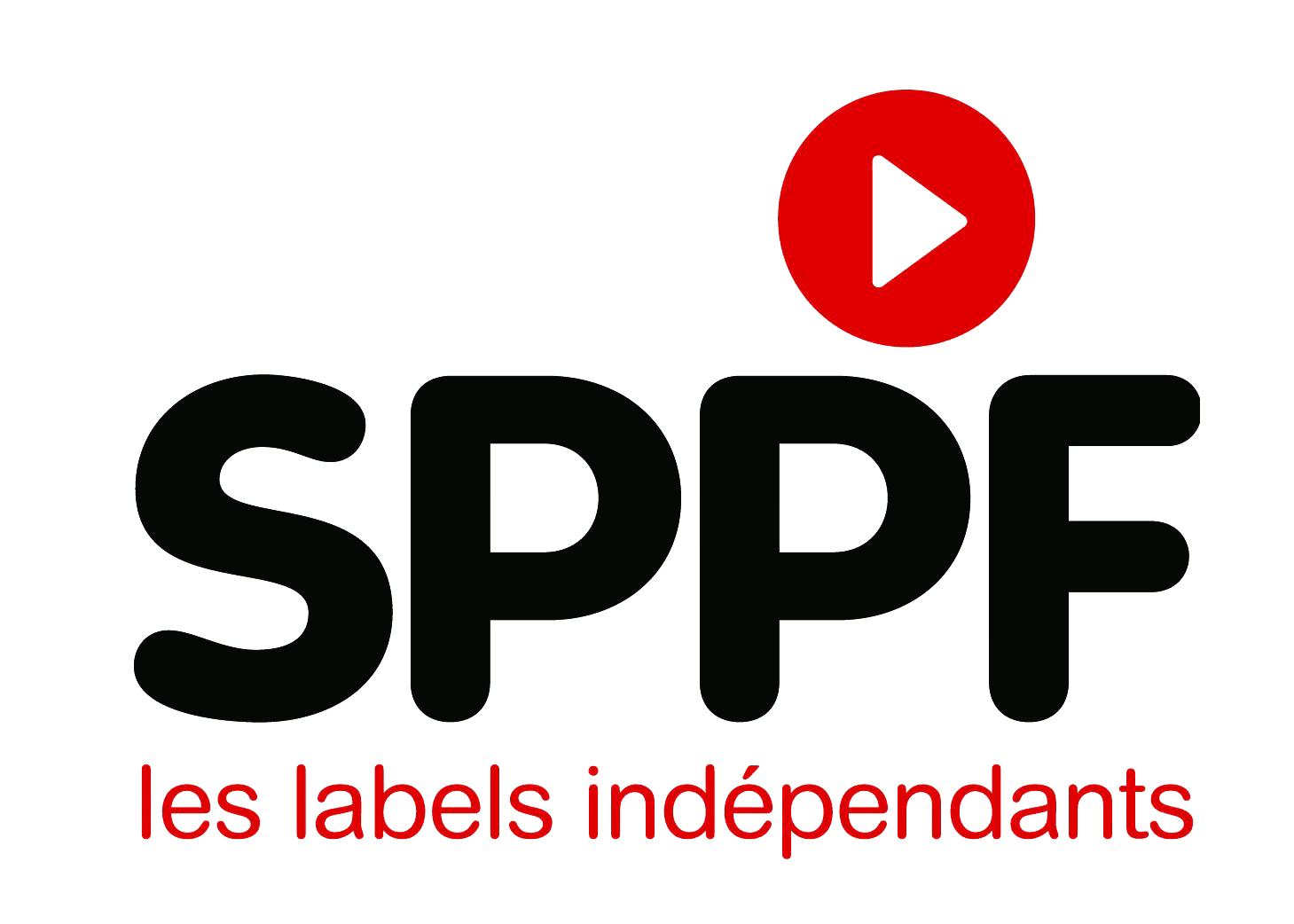If you’re a record label/master rights owner, and your master recordings are being publicly performed and broadcasted in non-US territories, you could be eligible to earn neighboring rights royalties. This is completely separate from the field of music publishing, in which songwriters and composers earn performance royalties from public broadcasts of their musical compositions.
Symphonic’s Neighboring Rights Administration Service is only available to eligible labels who are distribution clients and approved by our Rights Management team.









